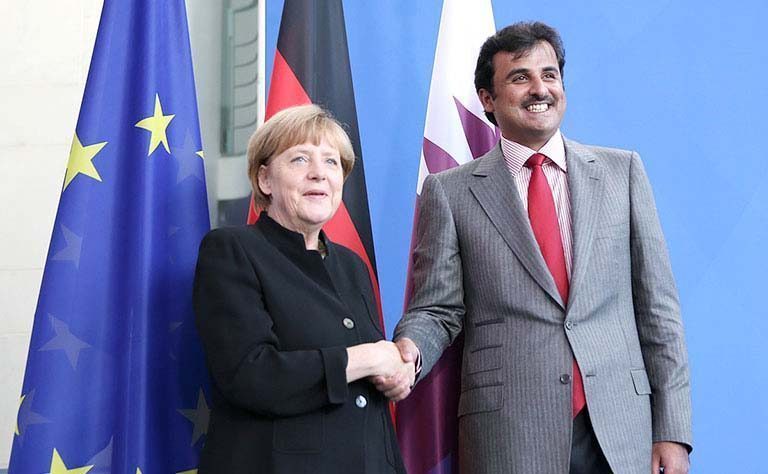
With reporting from Riham Sheble
Long-awaited changes to Qatar’s sponsorship (kafala) system and labor laws may come into effect before year-end, after the country’s business leaders appear to have approved the proposals.
Qatar’s Chamber of Commerce, which represents the private sector business community, has said it would back the proposed changes to the kafala system, as long as the law protects the interests of both the workers and the business owners.
Vice Chairman of the Chamber, Mohamed bin Ahmed Tawar Al Kuwari, is quoted in Arabic daily newspaper Al Arab as saying that he expects the reforms to the restrictive and controversial system to be introduced by the end of this year.
Al Kuwari told Al Arab that the proposed changes had been discussed with chamber members and a number of government agencies, and that the chamber had given its recommendations, although he did not detail what these are.
The official did not respond to a request for comment from Doha News yesterday.
He also told the newspaper that, while the current system works for Qatar’s business leaders, he understands why the government wants to introduce the changes to protect workers’ rights.
He said the business community will welcome with “goodwill” and be comfortable with the reforms if they equally protects both sides.
The chamber’s nod of approval to the reforms clears one of the last remaining hurdles to the new law being implemented and for many, is likely a welcome reversal of earlier concerns voiced by business leaders, some of whom previously said they felt the changes went a step too far.
The final step remains for the law to be approved by Qatar’s Advisory (Shura) Council and the Emir.
Reform details
The government announced proposed changes to the labor law in May of this year. The legislation is supposed to make it easier for expats to switch jobs and leave the country.

As part of the reforms, companies will also be required to pay their employees through direct bank transfers, making it easier for expats and the government to scrutinize and document any late or non-existing payments.
However, many residents and international organizations criticized the fact that changes would fail to eliminate the exit visa system, and preserve no-objection certificate requirements for expats to change employers.
Despite pledges made before Eid Al Fitr by Labor Minister Dr. Abdullah Saleh Al Khulaifi that the changes would be brought in “as quickly as possible,” there has been concern that the consultation process was moving slowly.
In August, the Ministry of Interior’s director of research and follow-up, Brig. Nasser Mohammed al Sayed, warned that the reforms may not be finalized until next year.
Winning over the business community has been crucial to getting the reforms passed and the latest announcement seems to signal that discussions with the chamber moved more quickly than had been expected.
Pressure for change
Qatar has been under increasing international pressure to introduce labor law changes, as it ramps up its workforce to complete the various infrastructure projects ahead of hosting the World Cup in 2022.

The Gulf state has been heavily criticized by numerous organizations around the world for the working and living conditions of its blue-collar workers, and several reports have shed light on human rights abuses faced by its workforce.
Last month, the nation’s Emir spoke publicly for the first time on the issue, admitting in a press conference with German Chancellor Angela Merkel that Qatar had faced “errors and problems,” but that authorities were “working seriously on improving the situation.”
Many saw this public declaration as a signal that changes could soon be in place.
Thoughts?







